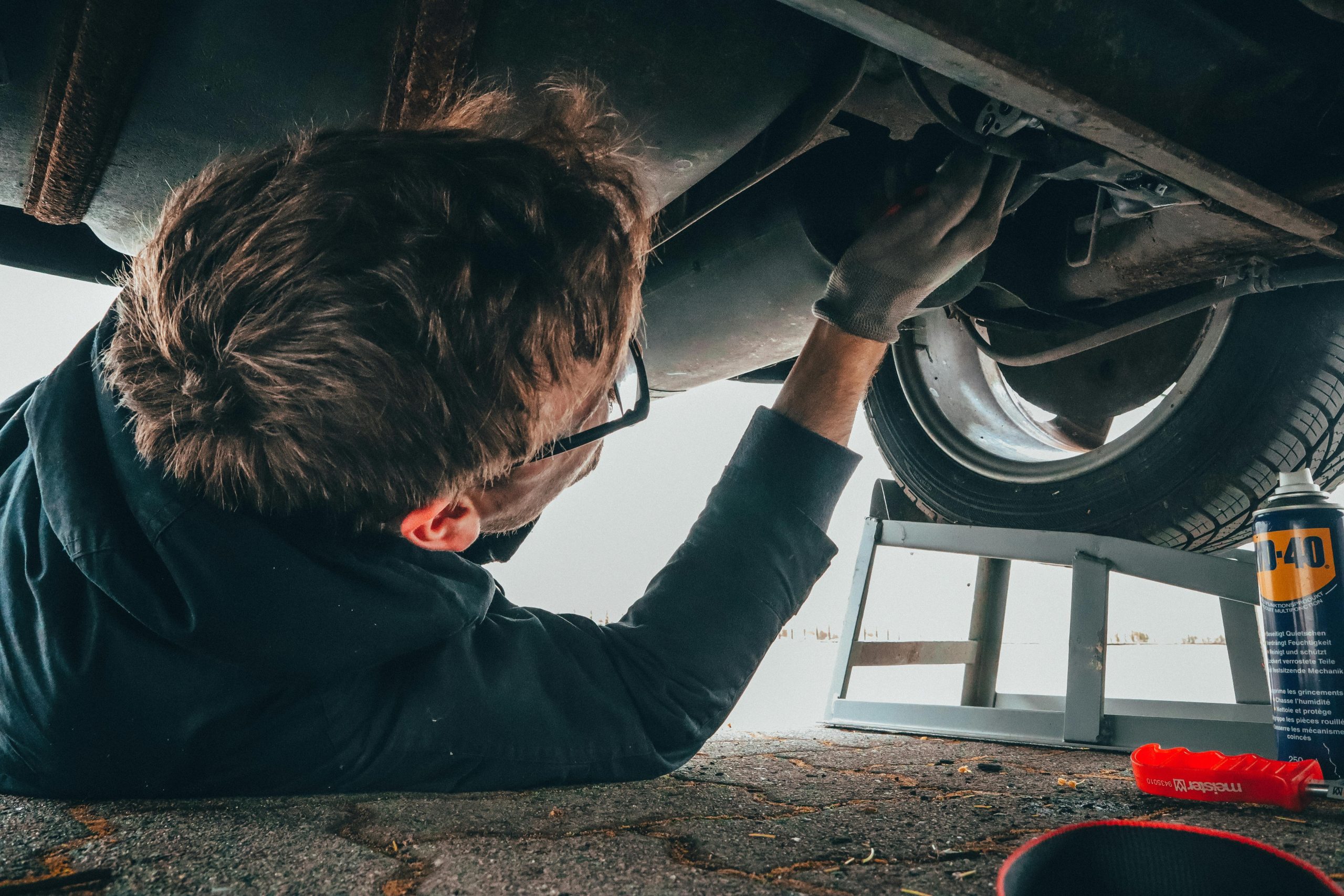Handling a Car Accident with Insurance Challenges: What’s the Best Approach?
When Your Vehicle Is Damaged by an Intoxicated Driver
Experiencing a hit-and-run or accident involving an intoxicated driver can be stressful enough. Recently, I found myself in a situation where my parked car was struck by a drunk driver while I was asleep. Fortunately, law enforcement caught the individual and provided me with their insurance details. However, the situation became complicated when I learned that the driver’s insurance provider, Erie Insurance, was currently experiencing a major technical outage—possibly due to a ransomware attack—that affected their digital systems.
The Impact of Insurance Provider Disruptions
With Erie’s network down, the insurer appears to be operating on manual, paper-based processes, which experts suggest could take weeks to resolve. This delay raises concerns about how quickly my vehicle repair process could commence and how long I might be without my car. Such prolonged waits can be highly inconvenient and stressful.
Evaluating Your Repair Options: Speed vs. Reimbursement
Given these circumstances, I’m contemplating whether it’s wiser to proceed with my own auto insurance for an expedited repair process. Specifically, I am considering using my collision coverage through Geico to have my vehicle repaired promptly. The question is: should I pay the deductible upfront—currently set at $500—with the understanding that Geico can pursue Erie for reimbursement once their systems are back online?
Pros and Cons of Using Your Own Collision Coverage
Advantages:
- Swift Repairs: Quick turnaround for fixing your car, minimizing downtime.
- Peace of Mind: Avoiding the delays caused by Erie Insurance’s technical issues.
- Simplified Process: Handling repairs directly through your insurer without waiting for external administrative hurdles.
Considerations:
- Deductible Payment: Immediate out-of-pocket expense, with the potential for reimbursement later.
- Reimbursement Uncertainty: Pending Erie’s system restoration, recovery of costs might be delayed or uncertain.
- Insurance Implications: Potential affect on future premiums or claims history (though typically minimal in collision claims).
Final Thoughts
In situations where an insurance provider’s operational issues threaten to prolong repairs, it often makes sense to use your insurance coverage for a quick fix. This approach prioritizes getting your vehicle back on the road while allowing your insurer to pursue reimbursement from the liable party’s insurer once their systems are restored.
Ultimately, communication with your insurance agent is crucial. Confirm the process, understand your coverage limits, and keep detailed documentation



